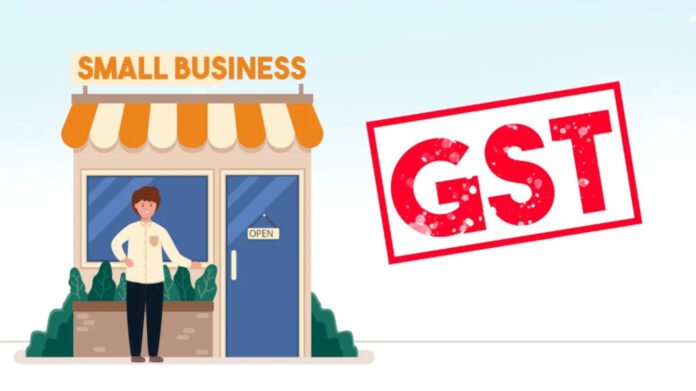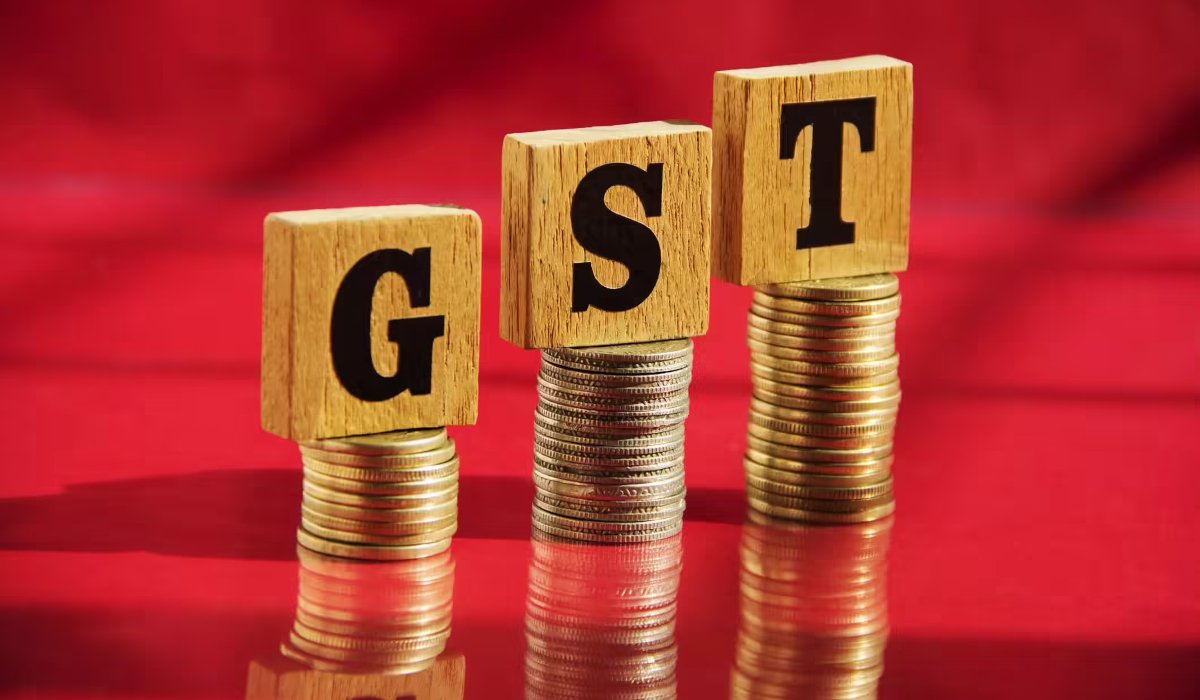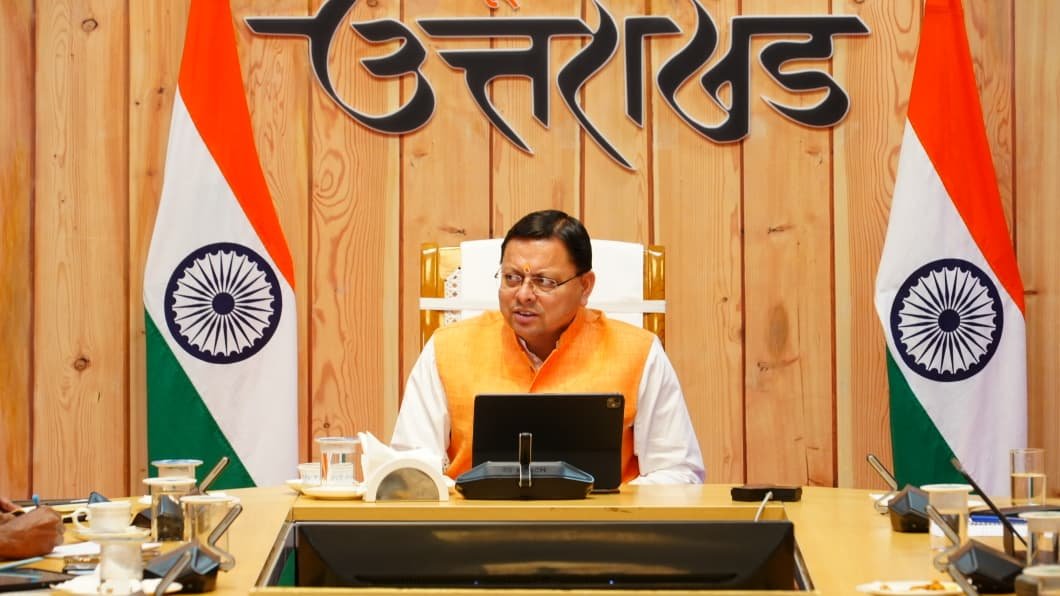The second phase of India’s Goods and Services Tax overhaul, dubbed “GST 2.0” takes effect from today, aiming to lower tax burdens on everyday goods and services. In a televised address yesterday, the Prime Minister described the reforms as a “next generation GST” that will advance self-reliance in India.
Our correspondent reports a summary of the ten major changes under GST 2.0:
-
Life Insurance Policies Exempted
All individual life insurance policies—including term, endowment, and unit-linked plans—are now entirely exempt from GST. This exemption also applies to reinsurance of such individual policies. -
Health Insurance Also Exempted
Individual health plans, including those for families and senior citizens, have been removed from the GST net. -
Transport Services Re-taxed with Options
Road passenger transport will retain a 5 per cent GST rate without input tax credit (ITC). Operators can opt instead for an 18 per cent rate if they wish to claim ITC. Air travel remains taxed at 5 per cent for economy class, while premium and business classes continue with 18 per cent. -
E-commerce Liability for Local Delivery
If delivery services are routed via an ecommerce operator (ECO) but the provider is unregistered under GST, then the liability to pay GST shifts to the ecommerce operator. For registered delivery providers, the provider itself will pay the tax. -
Uniform 18 per cent GST on Local Delivery Services
Local delivery services are now standardized at an 18 per cent GST rate. -
Medicines Remain Partially Taxed
Medicines will stay taxed at 5 per cent rather than being fully exempt. The reason: full exemption would remove the ability of manufacturers to claim input tax credits on raw materials and packaging—raising production costs. -
Leasing & Renting of Goods Taxed like Sales
Leasing or renting goods without an operator will now be taxed at the same rate as if they were being sold. For example, a car that is taxed at 18 per cent when sold will incur the same GST rate when leased without driver. -
Revised Import Tax Rates
Import transactions will follow the revised GST rate schedule from today. Integrated GST (IGST) will be applied at the new rates, except where specific exemptions are notified. -
Milk Tax Harmonization
Ultra-High Temperature (UHT) dairy milk is now fully exempt. Plant-based milks (such as those made from almonds or soya) which were taxed at 18 per cent or 12 per cent, will now uniformly carry a 5 per cent tax. -
Lower GST on Some Cosmetics
The GST on items like face powders and shampoos has been reduced. The government clarifies that these cuts are intended to simplify the tax structure rather than favour large manufacturers.
Our correspondent adds that while many reforms reduce costs for consumers, others aim to simplify compliance and expand clarity—especially regarding eligibility for ITC and the responsibilities of registered vs unregistered service providers. The change in import rates, for instance, may affect pricing of many goods, depending on how customs notifications are updated.
This is the second major GST reform since the regime’s establishment. Earlier changes focused on broad-scale restructuring; GST 2.0 zeroes in on easing tax burdens, rationalizing rates, and reducing the number of taxable goods and services. Our correspondent adds that these reforms may influence inflation trends, especially in essential categories like health, insurance, milk, and basic transport.
Consumers can now expect lower effective prices in several sectors—from cosmetics to travel and insurance. Businesses, especially those involved in e-commerce and delivery, will need to adjust invoicing, tax filings, and perhaps their business models, particularly where unregistered service providers are involved. Manufacturers of medicines must continue navigating the trade-off between maintaining competitive pricing and preserving input tax credits.



























